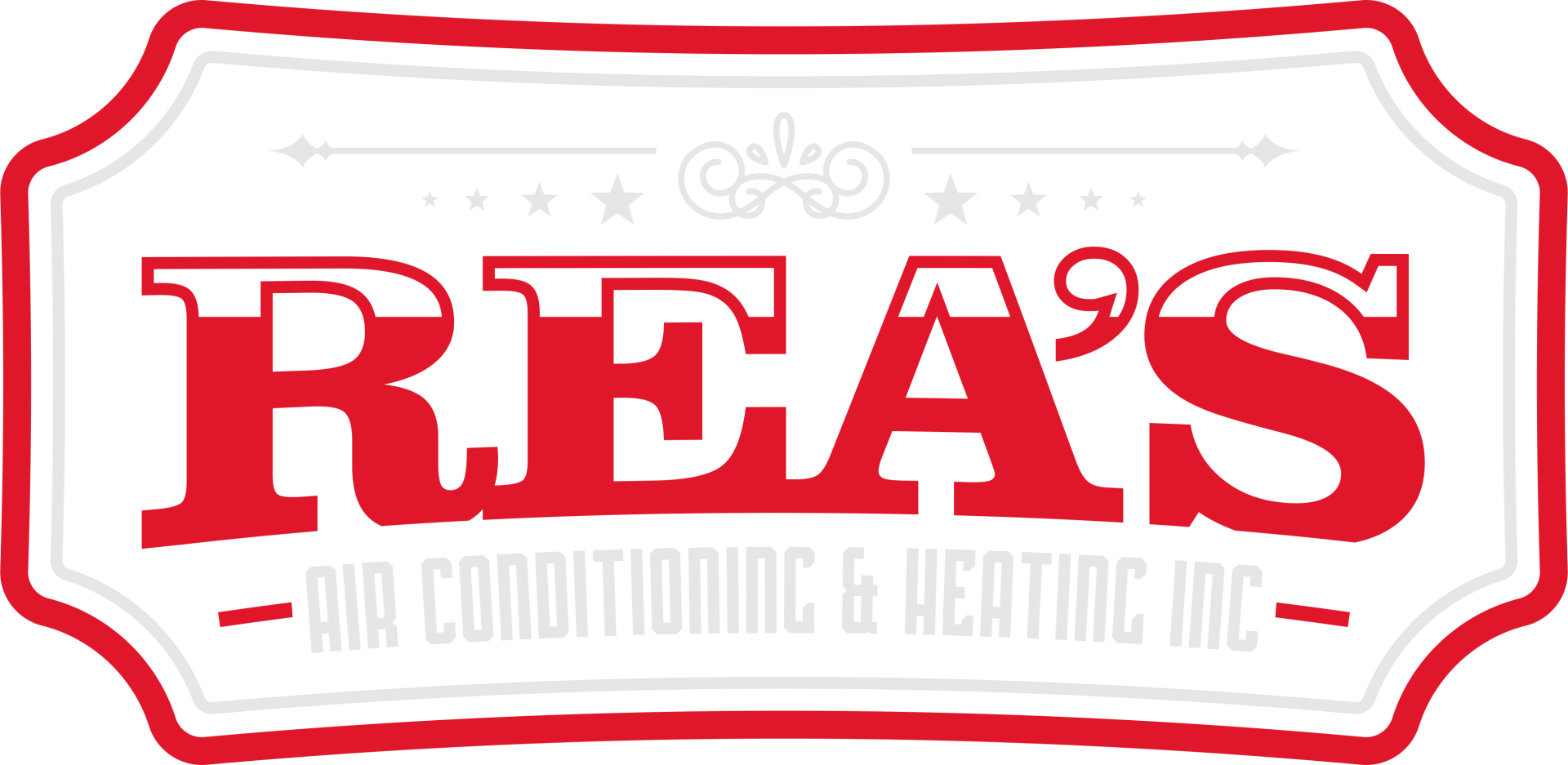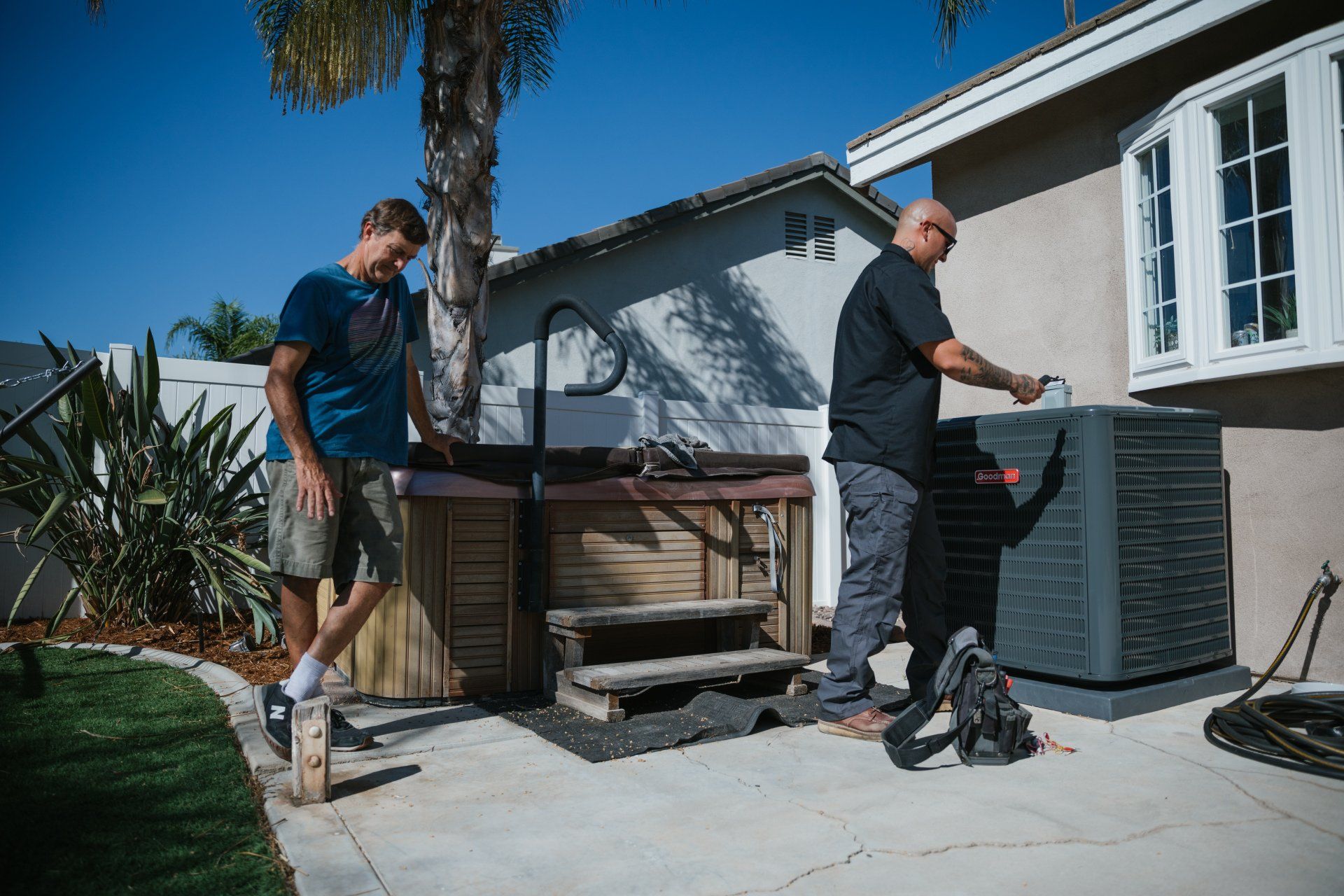Smart Thermostats: Revolutionizing Home Climate Control
Embracing the Future of Home Comfort: How Smart Thermostats Are Enhancing Efficiency and Convenience
The age of smart home technology is upon us, and at the forefront of this revolution is the smart thermostat – a device redefining how we manage our home's heating and cooling systems. Gone are the days of manual adjustments and constant monitoring. Smart thermostats bring convenience, efficiency, and intelligence to our fingertips, offering a level of control and customization that was once the stuff of science fiction. In this article, we'll delve into how smart thermostats are changing the landscape of home climate control, highlighting their cost-saving potential and the convenient features that make them a must-have in the modern home.
The Intelligence of Smart Thermostats
Smart thermostats are more than just digital thermostats; they're part of the Internet of Things (IoT). These devices learn from your behaviors, allow remote control of your home's temperature through a smartphone or tablet, and show real-time energy consumption. They can adjust themselves based on ambient conditions like humidity and even use local weather forecasts to optimize heating and cooling schedules.
Cost Savings: A Major Perk
One of the most appealing aspects of smart thermostats is their ability to save money on energy bills. By learning your schedule and adapting to your temperature preferences, these devices ensure you're not wasting energy heating or cooling an empty house. Many users report significant reductions in their energy bills, with some studies suggesting an average savings of 10-12% on heating and 15% on cooling. Over time, these savings can offset the initial cost of the device.
Convenience at Your Fingertips
The convenience factor of smart thermostats is undeniable. The ability to control your home's temperature from anywhere means you can adjust settings on the go. Are you coming home early? Use your smartphone to adjust the temperature so your home is comfortable when you arrive. Need to change the settings before a vacation? No problem, make the adjustments from your hotel room.
Features That Stand Out
- Learning Ability: Smart thermostats like the Nest Learning Thermostat can learn your preferences and schedule to optimize comfort and efficiency. After a few days of manual adjustments, the thermostat can start making changes on its own.
- Geofencing: This feature uses GPS on your smartphone to determine your location and adjust your home's temperature accordingly. For example, the thermostat can turn down the heating or cooling when you leave for work and turn it back on when you're on your way home.
- Energy Reports: Most smart thermostats provide detailed energy usage reports. These can help you understand your consumption patterns and make informed decisions to optimize energy usage further.
- Integration with Home Automation: Smart thermostats can be integrated with other smart home devices. For instance, they can work with smart blinds to control the amount of sunlight entering your home, further enhancing energy efficiency.
- Voice Control: With compatibility with voice assistants like Amazon Alexa, Google Assistant, and Apple HomeKit, you can adjust settings with simple voice commands.
Things to Consider Before Buying
Before purchasing a smart thermostat, consider the compatibility with your existing HVAC system. Most smart thermostats require a common wire (C-wire) for continuous power. Additionally, think about the Wi-Fi connectivity in your home, as a stable internet connection is crucial for maximizing the benefits of a smart thermostat.
Conclusion
The shift to smart thermostats represents a significant leap forward in home climate control. These devices offer a perfect blend of convenience, efficiency, and control while learning and adapting to our lifestyles. Whether you're tech-savvy or just looking for ways to reduce energy bills, investing in a smart thermostat could be a smart move toward a more comfortable, cost-effective, and futuristic home. As we embrace these intelligent devices, one thing becomes clear: the future of home climate control is here, and it's more intelligent than ever.






